Ditapis dengan
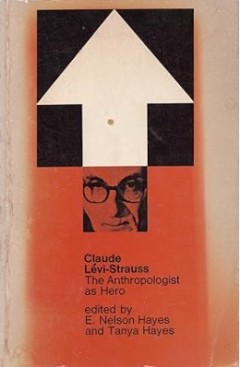
Claude Levi-Strauss: The Anthropologist as Hero
The popularity of Levi-Strauss, in the words of the editors of this collection of current essays and reviews, resides "in his seeming rejection of history and humanism, in his refusal to see Western civilization as privileged and unique, in his view of the human mind as programmed, in his emphasis on form over content, and in his insistence that the savage mind is not inferior to the civilized.…
- Edisi
- First Published
- ISBN/ISSN
- 262-58016-0
- Deskripsi Fisik
- xv + 264 pgs.; 21 cm.
- Judul Seri
- -
- No. Panggil
- 301.2 CLA c
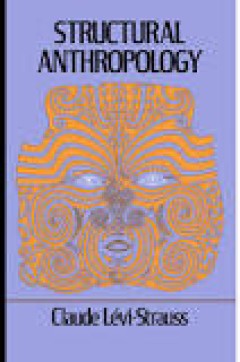
Structural Anthropology
- Edisi
- -
- ISBN/ISSN
- 046509516X
- Deskripsi Fisik
- xx + 410 pg.; 20,5 cm.
- Judul Seri
- -
- No. Panggil
- 301 LEV s
- Edisi
- -
- ISBN/ISSN
- 046509516X
- Deskripsi Fisik
- xx + 410 pg.; 20,5 cm.
- Judul Seri
- -
- No. Panggil
- 301 LEV s
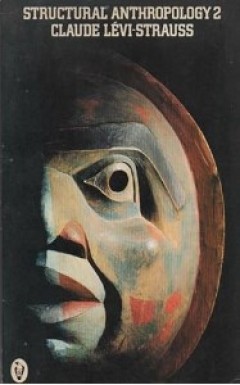
Structural Anthropology Volume 2
The eighteen essays collected in this volume have been selected and ordered to give what Lévi-Strauss terms "a bird's-eye view of the problems of modern ethnology." As representative examples, these essays introduce readers to the methods of structural anthropology while affording a glimpse into the mind of one of the foremost anthropologists of our time. "Structural Anthropology, Volume II…
- Edisi
- -
- ISBN/ISSN
- -
- Deskripsi Fisik
- xv + 383 pg.; 21 cm.
- Judul Seri
- -
- No. Panggil
- 301 LEV s2
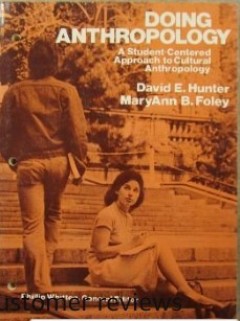
Doing Anthropology : A Student - Centered Approach to Cultural Anthropology
- Edisi
- First Published
- ISBN/ISSN
- 0-06-043011-7
- Deskripsi Fisik
- xiii + 267 pgs.; ils.; 27,5 cm.
- Judul Seri
- -
- No. Panggil
- 301.2018 HUN d
- Edisi
- First Published
- ISBN/ISSN
- 0-06-043011-7
- Deskripsi Fisik
- xiii + 267 pgs.; ils.; 27,5 cm.
- Judul Seri
- -
- No. Panggil
- 301.2018 HUN d

The Anthropology of AIDS : A Global Perspectives
"Represents a long-overdue examination of anthropology's role in the fight against AIDS, bringing together the anthropological perspective and the problem of AIDS like no other."--Brian Joseph Gilley, University of Vermont Until now, there has been no one text that discusses the norms, beliefs, and behaviors that affect how societies respond to HIV/AIDS around the world. The Anthropology …
- Edisi
- First Published
- ISBN/ISSN
- 978-0-8130-3292-4
- Deskripsi Fisik
- xvi + 347 pgs.; ils.; 23,5 cm.
- Judul Seri
- -
- No. Panggil
- 306.4619 WHE a
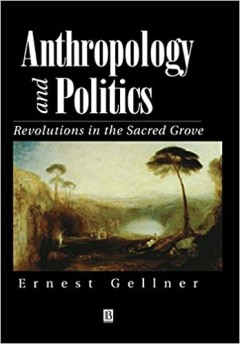
Anthropology and Politics: Revolution in the Sacred Grove
Ernest Gellner explores here the links between anthropology and politics, and shows just how central these are. The recent postmodernist turn in anthropology has been linked to the expiation of colonial guilt. Traditional, functionalist anthropology is characteristically regarded as an accessory to the crime, and anyone critical of the relativistic claims of interpretative anthropology (as Erne…
- Edisi
- First Published
- ISBN/ISSN
- 0-631-19917-9
- Deskripsi Fisik
- xv + 260 pgs.; 23 cm.
- Judul Seri
- -
- No. Panggil
- 306.2 GEL a
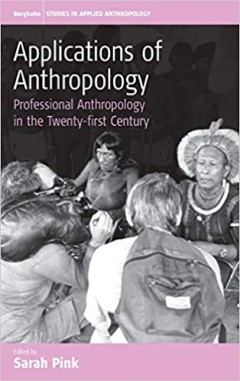
Applications of Anthropology: Professional Anthropology In The Twenty-First C…
At the beginning of the twenty-first century the demand for anthropological approaches, understandings and methodologies outside academic departments is shifting and changing. Through a series of fascinating case studies of anthropologists’ experiences of working with very diverse organizations in the private and public sector this volume examines existing and historical debates about applied…
- Edisi
- First Published
- ISBN/ISSN
- 1-84545-027-2
- Deskripsi Fisik
- viii + 244 pgs.; 23 cm.
- Judul Seri
- -
- No. Panggil
- 306 APP a

Anthropology and Modern Life
- Edisi
- First Published
- ISBN/ISSN
- 0-486-25245-0
- Deskripsi Fisik
- 255 hlm.; 21,5 cm.
- Judul Seri
- -
- No. Panggil
- 306 BOA a
- Edisi
- First Published
- ISBN/ISSN
- 0-486-25245-0
- Deskripsi Fisik
- 255 hlm.; 21,5 cm.
- Judul Seri
- -
- No. Panggil
- 306 BOA a
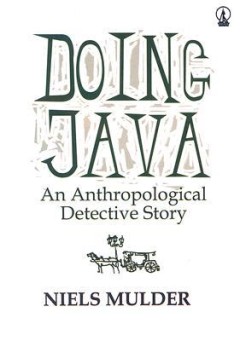
Doing Java An Antrhropological Detective Story
For the past forty years, Neils Mulder has been actively engaged with the cultures of Java, Thailand and the Philippines. In 2002, he retired to Mt Banahaw in southern Luzon, Philippines, where he works on his intellectual bigraphy, of which Doing Java is the second volume. In this book, he retraces how he learned to think about life on Java at the beginning of and in the late 1970's. In doing …
- Edisi
- First Published
- ISBN/ISSN
- 979-21-1149-2
- Deskripsi Fisik
- 239 pgs.; 21 cm.
- Judul Seri
- -
- No. Panggil
- 306.5982 MUL d
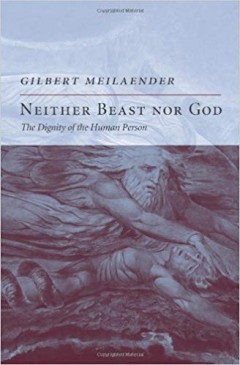
Neither Beast Nor God: The Dignity of the Human Person
Appeals to “human dignity” are at the core of many of the most contentious social and political issues of our time. But these appeals suggest different and at times even contradictory ways of understanding the term. Is dignity something we all share equally, and therefore the reason we all ought to be treated as equals? Or is it what distinguishes some greater and more admirable human being…
- Edisi
- First Print
- ISBN/ISSN
- 978-1-59403-257-8
- Deskripsi Fisik
- 118 pg.; 23,5 cm.
- Judul Seri
- -
- No. Panggil
- 128 MEI n
 Karya Umum
Karya Umum  Filsafat
Filsafat  Agama
Agama  Ilmu-ilmu Sosial
Ilmu-ilmu Sosial  Bahasa
Bahasa  Ilmu-ilmu Murni
Ilmu-ilmu Murni  Ilmu-ilmu Terapan
Ilmu-ilmu Terapan  Kesenian, Hiburan, dan Olahraga
Kesenian, Hiburan, dan Olahraga  Kesusastraan
Kesusastraan  Geografi dan Sejarah
Geografi dan Sejarah